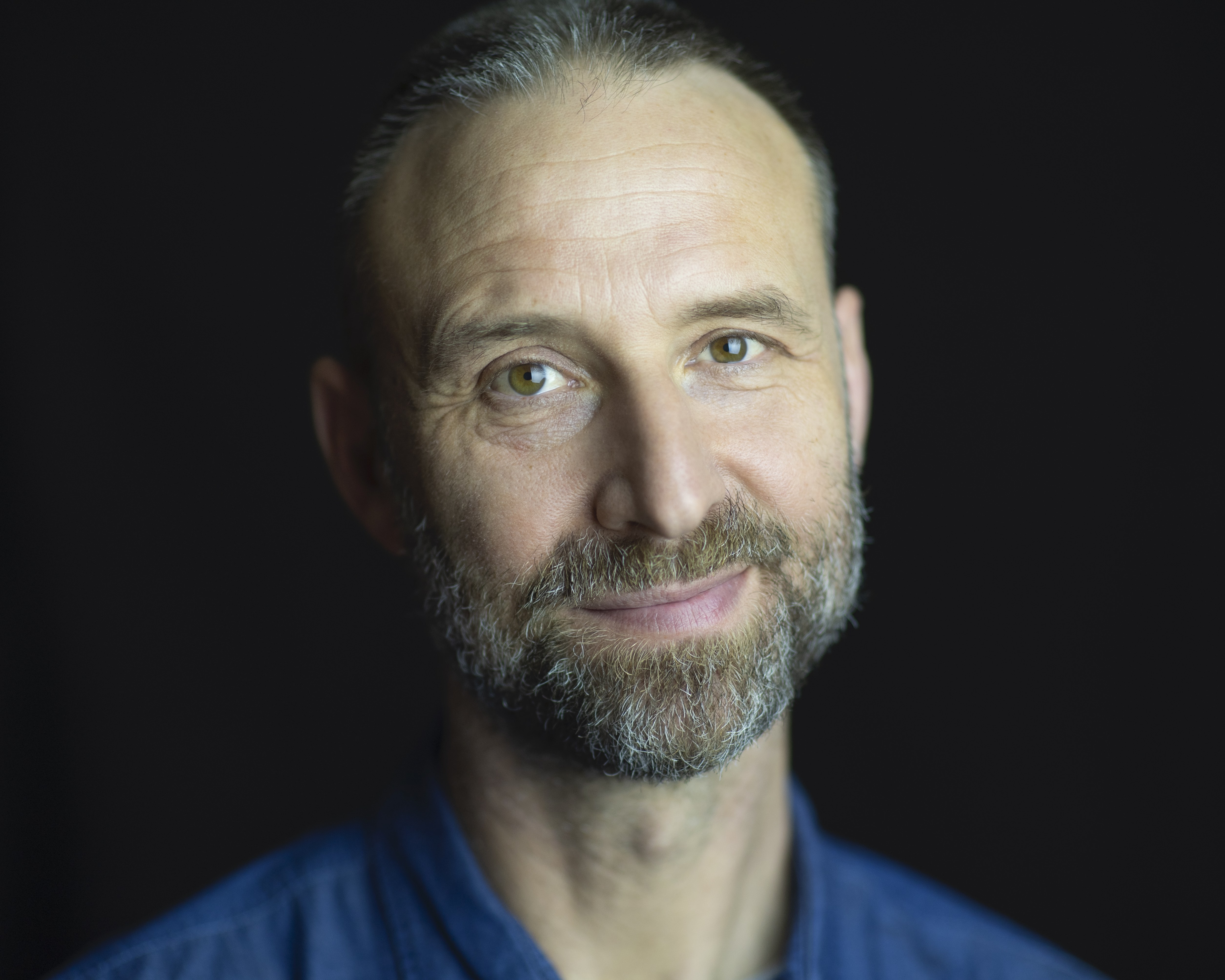
As a psychotherapist, one of my first tasks with new clients is helping them understand why they have developed the problems — such as chronic stress, anxiety or depression — that they are seeking help for. It never ceases to amaze me how many people tell me, in our first session, ‘Actually, I had a happy childhood.’ And I think, But you have been depressed, on and off, for 40 years. Where do you think that depression came from?
As we slowly and gently work through the details of their childhood and family dynamics, it becomes clear where all that unhappiness stems from. Perhaps their mother was an alcoholic, so was unable to be the stable, loving, nurturing caregiver that all children need.
Or their father was narcissistic and harshly critical, constantly undermining them or telling them they were not good enough. If that is your experience, every day of your childhood, of course your self-esteem and self-confidence will be eroded. And, sadly, you will start telling yourself, ‘I’m not good enough,’ ‘I’m stupid’ or ‘I’m unlovable’.
This is often how our negative self-beliefs develop — we internalise the harsh, critical or destructive things that family members tell us. And then, after first hearing and then thinking these things for years, or even decades, we just believe that they are true — ‘I’m not good enough’ is not just an unhelpful idea, or confidence-sapping story we tell ourselves. It’s a fact.
Changing negative self-beliefs
In cognitive-behaviour therapy (CBT), these negative ways of thinking about yourself are called ‘core beliefs’. And in schema therapy — the form of psychotherapy I specialise in — we see these beliefs as part of a ‘schema’, a neural network incorporating painful ways of thinking, feeling and sensing in your body that fires up whenever you encounter something stressful or threatening, especially if it reminds you of similar stressful experiences from your past.
For example, if your dad left the family when you were young, you might have (understandably) felt abandoned. This could lead to the formation of an Abandonment schema, which fires up in adulthood whenever a romantic partner seems to be withdrawing, losing interest in you or interested in someone else.
Or, if you were the recipient of that horrible, harsh criticism detailed above, you may form a Defectiveness schema, leading you to feel defective/not good enough/incompetent when you fail an exam, or struggle in a job interview. This is perhaps the most common schema I see in my practice — and is at the root of low self-esteem, as well as problems such as public-speaking anxiety or struggling in your career.
Once I have helped someone understand that their childhood was not so rosy, and identified which schemas they have (there are 18 in total and we all have at least a few), we start work on healing those schemas. That essentially means healing the wounds of a painful past, which usually begin forming in childhood or adolescence. If this is resonating with you, and you are one of the millions of people whose childhood was not a happy one, here are a few powerful insights I have garnered from helping hundreds of people overcome their painful histories.
The negative stories you tell yourself are usually not true
Let’s say you have that negative belief about yourself: ‘I’m not good enough.’ (This is incredibly common, by the way — most of my clients believe this about themselves.) You might think this because someone, often a parent, was highly critical, demanding or dismissive of your best efforts, in school, sports or — in the worst-case scenario — just who you were as a person. They made you feel everything you said or did was somehow stupid or wrong.
But, if that was your experience, it says far more about them than it does you. If a father is criticising his five-year-old son for not having the football skills of Maradona, who really has the problem? Your dad, that’s who. So why do you have to believe the nonsense he told you, 40 years later?
Research shows that mindfulness, self-compassion and self-kindness are wonderful antidotes to the toxic, self-destructive critical thoughts that cause mental anguish of all kinds.
Being harshly self-critical will only deepen your unhappiness
Many of us (myself included) absorbed all that criticism from our parents and started to say those mean, hurtful things to ourselves. After all, we thought they were true, so why wouldn’t we call ourselves ‘Idiot’, ‘Pathetic’ or ‘Stupid’? You may even think that’s a good way to motivate yourself or improve your grades or work performance. Sadly, it doesn’t work that way.
There is a huge body of research now proving the link between harsh self-criticism and depression (in this 2019 study, by Zhang et al, the researchers found that self-criticism triggered depression, while self-compassion reduced it). Research also shows that mindfulness, self-compassion and self-kindness are wonderful antidotes to the toxic, self-destructive critical thoughts that cause mental anguish of all kinds.
You are human, with strengths and weaknesses, just like everybody else on this planet
Many of my clients struggle with deep-rooted, painful and debilitating problems like substance abuse, anxiety disorders, depression or low self-esteem. Often, they are ashamed of these problems, thinking that they make them weak, or uniquely deserving of judgement or blame. So I tell them (often hundreds of times, until it eventually goes in) that these problems are a direct result of their painful childhoods.
They didn’t choose to be ignored, belittled or shouted at, so how on earth can that depression or debilitating anxiety be their fault? And I help them see that problems like these are normal. Human. We all (again, myself included) have strengths and weaknesses; things we are proud of and others that fill us with shame; behaviours that are healthy and others that are not. No need to beat yourself up.
It is never too late to find happiness
There are billions of people living on our planet. Sadly, most of those people will have experienced a painful childhood, in one way or another and with varying degrees of intensity. But, as Paul Gilbert, eminent psychologist and founder of compassion-focused therapy, teaches: Having a painful childhood is not your fault — but it is your responsibility to do everything you can, as an adult, to heal and change.
And we know this is possible — there are countless forms of therapy, wonderful self-help books, loving friends and family members that can help you overcome a painful past. Take it from someone who has helped hundreds of people do just that — it is never impossible, or too late, to change. And if you can live the rest of your life with greater happiness, confidence and self-worth, surely the hard work needed to change must be worth it.


